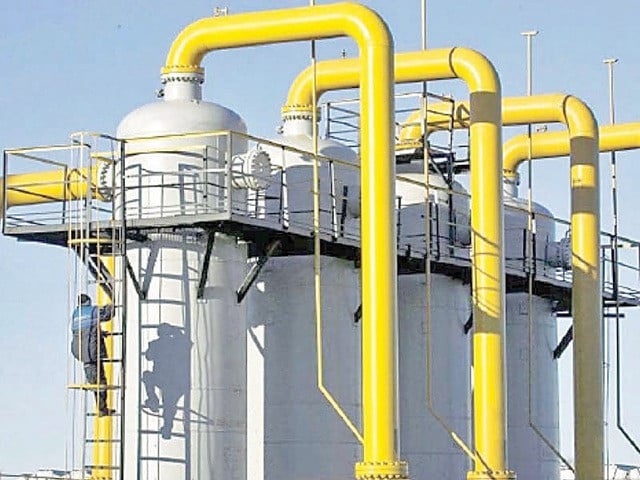
The Special Investment Facilitation Council (SIFC) has directed the Petroleum Division to take positive steps towards resuming operations at the Jamshoro Joint Venture Limited (JJVL) LPG (liquefied petroleum gas) plant. This directive followed a report prepared by the Sustainable Development Policy Institute (SDPI) and was discussed in a recent SIFC meeting.
According to the report, annual LPG production from JJVL is estimated at 91,250 metric tonnes (MT). Historically, Sui Southern Gas Company Limited (SSGC) has earned over Rs30 billion from JJVL under various operational models. The resumption of JJVL's operations is expected to reduce LPG imports by 9%, potentially saving approximately $73 million annually. The report further revealed that the potential revenue for SSGC from JJVL could still reach Rs2 billion.
SSGC currently imports 170,137 MT of LPG annually, costing around $107 million. By starting JJVL's operations, the annual savings are projected to be around $57 million. With local gas priced at $4.32 per MMBtu compared to re-gasified liquefied natural gas (RLNG) at $12 per MMBtu, JJVL could generate net savings of $28.96 million by replacing the need for expensive RLNG.
Way forward
The report recommends that both parties prioritise early hearings and reassess the potential for LPG and natural gas liquids (NGL) production. A fair revenue-sharing model (57% to SSGC and 43% to JJVL) should be adopted, with all regulatory compliances ensured. Consumer price hikes should be avoided, and SSGC should retain ownership of hydrocarbons.
Current LPG imports
SSGCL currently imports approximately 170,137 MT of LPG annually. JJVL's production capacity of 91,250 MT could replace about 53% of SSGCL's current imports, reducing the import bill by approximately $57 million annually. This reduction in imports would help conserve foreign exchange reserves and reduce dependence on volatile international markets. However, the savings must be balanced against the cost of RLNG imports needed to replace gas shrinkage, which could cost $28.03 million annually. The net savings would then be around $28.97 million per year, depending on the cost-sharing formula and other operational expenses.
Historical background
The partnership between JJVL and SSGC began in 2003 when SSGC sought to address challenges posed by gas from the Badin fields, rich in heavier hydrocarbons like propane and butane. SSGC authorised JJVL to extract liquefied petroleum gas (LPG) and natural gas liquids (NGL) from its transmission pipeline under an Implementation Agreement (IA).
The partnership aimed to enhance Pakistan's energy security by boosting domestic LPG production, reducing reliance on imports, and contributing to economic stability through significant revenue generation for SSGC and the national economy.
However, the partnership has been entangled in legal disputes, including the Supreme Court's nullification of the initial IA and ongoing litigation over outstanding payments and the legality of resumed operations. Disputes over processing fees, ownership of extracted LPG/NGLs, and the financial implications of gas shrinkage during extraction have strained relations between SSGC and JJVL. These transactional issues must be resolved for a future partnership to be viable.
The partnership has also faced scrutiny from various government bodies, including the Supreme Court and the National Accountability Bureau (NAB). Additionally, political pressures and shifting government priorities have impacted the continuity and terms of the partnership. The high costs associated with replacing gas shrinkage with imported RLNG and the financial burden of legal disputes remain significant challenges to the partnership's success.




1725369967-0/Untitled-design-(10)1725369967-0-165x106.webp)






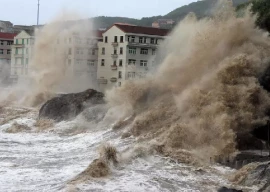
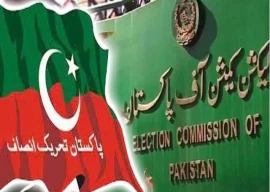


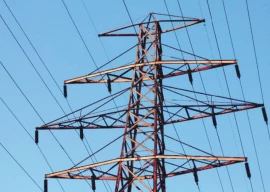

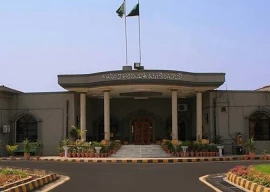






COMMENTS
Comments are moderated and generally will be posted if they are on-topic and not abusive.
For more information, please see our Comments FAQ